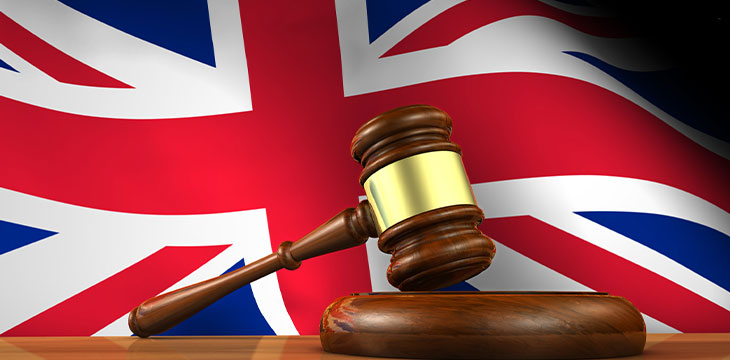Authorities in the United Kingdom will have more power to seize digital currencies which it believes are linked to money laundering or other illicit activities. The country’s parliament is fast-tracking a new draft bill that gives authorities greater power to crack down on dirty money as concerns over money from Russia flowing through the U.K. escalate.
Known as the Economic Crime Bill, it has been in the works for a while but took the back seat as other more urgent legislations were passed. The U.K. government hopes to crack down on the $135 billion in illicit financing that the country’s National Crime Agency estimates make its way through the U.K. every year.
However, with Russia’s invasion of its neighbor Ukraine, this bill has taken a new sense of urgency. There have been concerns that as President Vladimir Putin gets blackballed by the global community, Russia could turn to use nefarious means to move money through countries such as the United Kingdom.
Speaking about the need to pass the bill quickly, Prime Minister Boris Johnson said that there’s no place for dirty money in the country. “We are going faster and harder to tear back the façade that those supporting Putin’s campaign of destruction have been hiding behind for so long. Those backing Putin have been put on notice: there will be nowhere to hide your ill-gotten gains,” he added.
The passing of the bill will be followed by a paper that will propose changes to the Companies House, the country’s company registrar who receives financial statements from all entities operating inside the U.K. These changes will include a stipulation that new entities seeking registration must provide greater details of the owners’ identities than previously required.
The bill will also strengthen the “unexplained wealth orders” through which the U.K. government can order any member of the public to reveal the source of their wealth. If unable to, a person can have their wealth seized by authorities, including digital assets.
The new law comes just days since the HM Revenue and Customs (HMRC) seized three NFTs for the first time ever in a tax probe. In July 2021, the Metropolitan Police seized $249 million in digital assets from a 39-year-old woman who was alleged to be laundering illicit money.
Watch: CoinGeek New York presentation, Investigating Criminal Activity on the Blockchain
Source: Read Full Article
